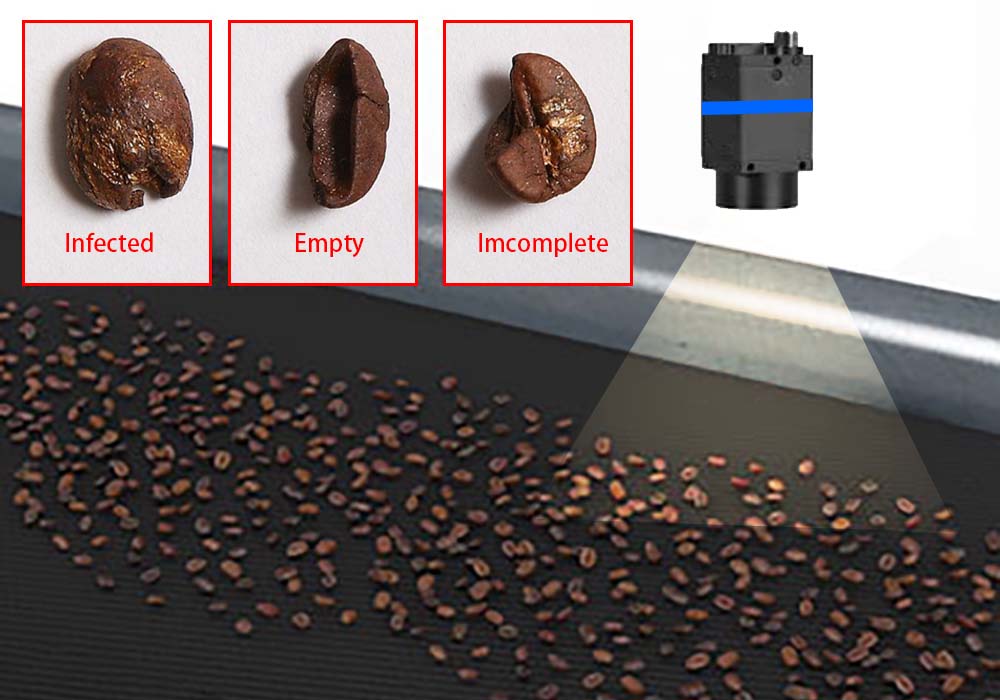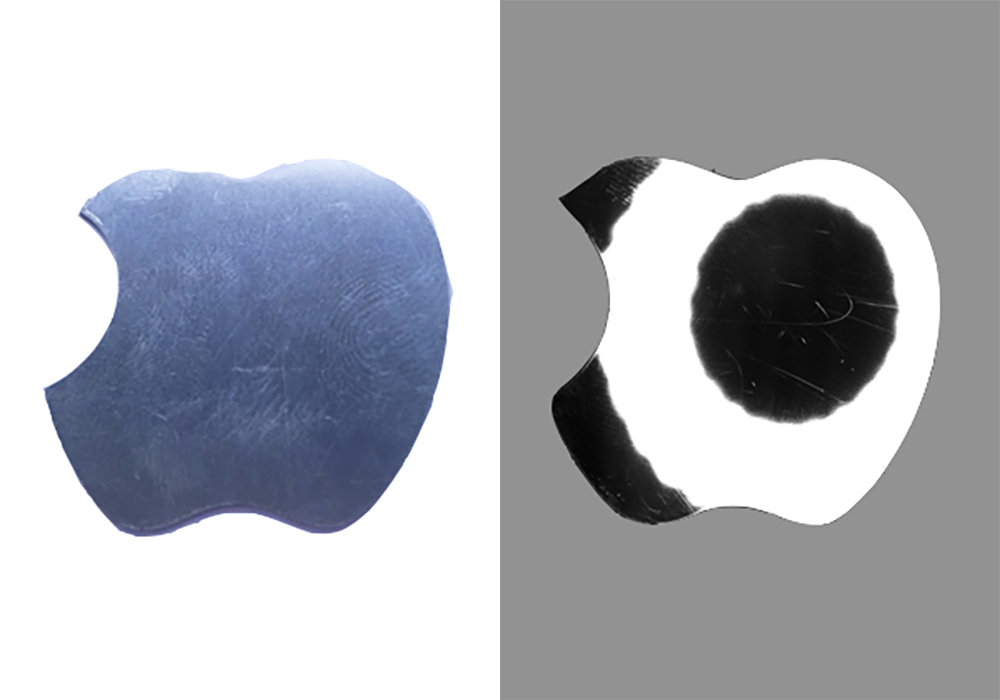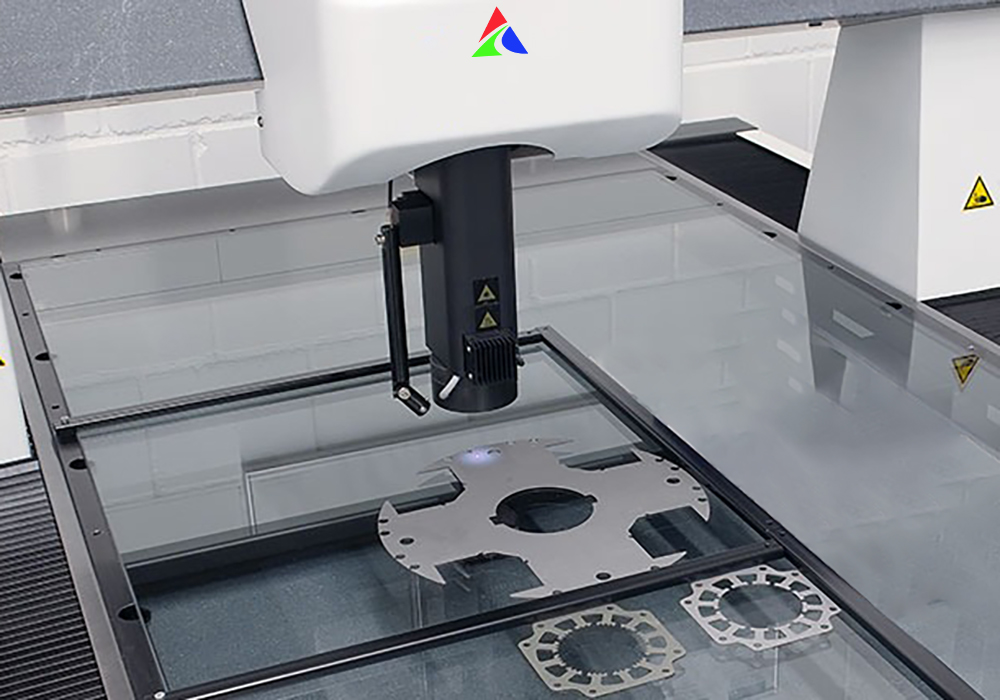To find a suitable machine vision integrator to help you build or upgrade your inspection system, here are some suggestions and questions you need to consider, which may be helpful to those of you who are not a machine vision expert.
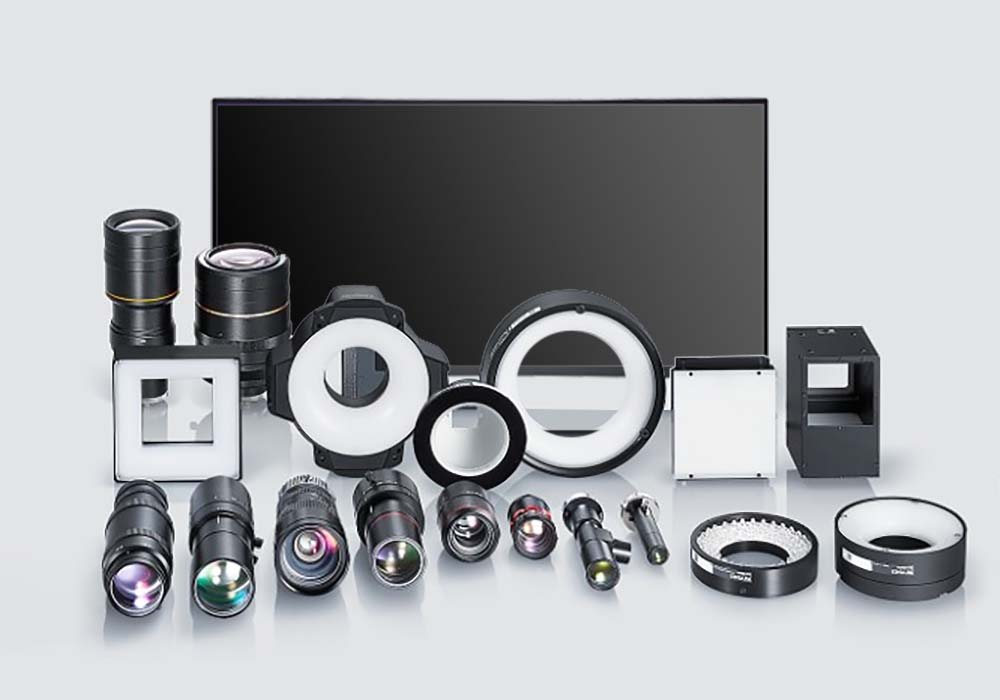
Identify Your Needs
The first step is to clearly understand your requirements for the machine vision system. Ask yourself:
1. What specific problems or tasks do you need the machine vision system to solve?
2. What are the key performance metrics you need, such as speed, accuracy, resolution, etc.?
3. What are the existing hardware and infrastructure do you have in place?
4. Do you need the integrator to handle the complete end-to-end solution, or just certain components?

Getting a firm grasp of your needs will help you evaluate potential integrators more effectively. Make a list of your requirements and nice features.
Search for Potential Providers
With your requirements defined, you can start searching online for machine vision integrators. Use search engines and keywords such as “machine vision integrator”, “machine vision system integrator”, or the specific application you need (e.g. “barcode reading integrator”).
Also check industry websites, trade publications, and online directories. Many machine vision companies will have an online presence highlighting their services and capabilities.
If you have connections in your industry, reach out and ask for recommendations from trusted integrators they have worked with. Word of mouth can be very valuable.
As you search, create a shortlist of 5-10 integrators that seem to meet your basic requirements.
Evaluate the Options
Now it’s time to dig deeper into the background and capabilities of the integrators on your list. Visit their websites and look for information like:
Company Overview:
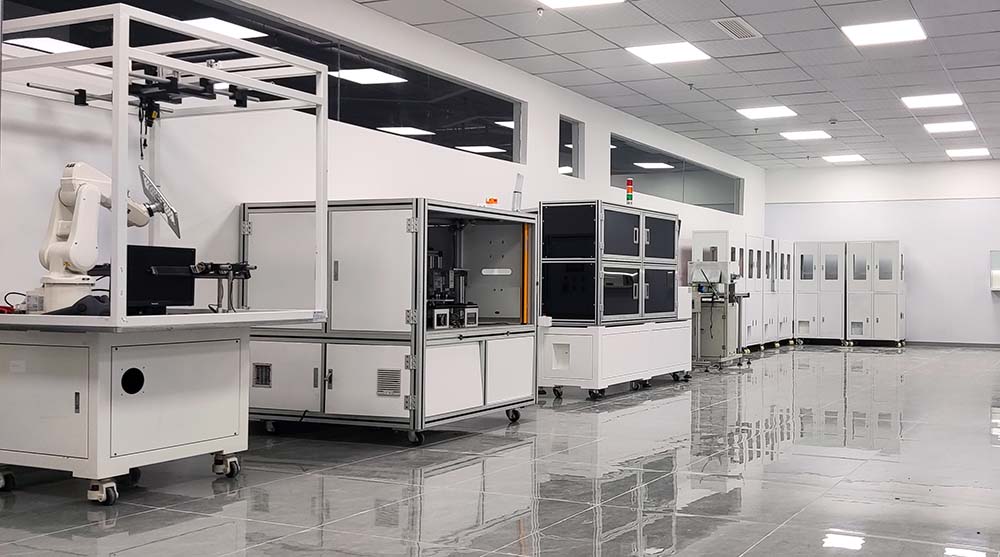
1. How long have they been in business?
2. What is their geographic reach and local presence?
3. What is their overall size and number of employees?
Technical Expertise:
1. What specific machine vision technologies and applications do they specialize in?
2. What are their core competencies and areas of focus?
3. Do they have the right technical skills and experience for your needs?
Project Portfolio:
1. What types of successful machine vision projects have they completed?
2. Can they provide references or case studies from satisfied clients?
3. Do the projects seem relevant to your industry and requirements?
Services Offered:
1. Do they provide end-to-end system integration services?
2. What hardware, software, and support services do they offer?
3. What is their process for system design, deployment, and maintenance?
Customer Support:
1. What kind of training, documentation, and support do they provide?
2. How quickly do they respond to service requests?
3. Do they have a proven track record of reliability?
Evaluate each potential integrator on the key criteria that are most important to you. This will help you narrow down the list to 2-3 top contenders.
Engage in Discussions
Once you’ve identified the most promising integrators, reach out to them directly to start discussions. This is your chance to dive deeper into their capabilities and gauge how well they might fit your specific needs.
Be prepared to provide the integrator with detailed information about your requirements, including:
1. Specific applications and use cases
2. Required performance metrics and specifications
3. Existing hardware, software, and infrastructure
4. Timeline and budget constraints
5. Integration and support needs
During discussions, pay attention to how responsive and attentive the integrator is. Do they ask thoughtful questions to better understand your needs? Do they provide clear, transparent information about their solutions and services? Can they demonstrate relevant expertise and experience?
Also ask about their project management process, communication style, and overall customer service approach. These softer factors can be just as important as technical capabilities.
Compare and Select
After talking to the top 2-3 integrators, it’s time for a final evaluation and selection. Compare the solutions, services, and pricing that each has proposed. Consider factors like:
1. How well does the proposed solution address your key requirements?
2. What are the differences in technical capabilities, features, and performance?
3. What are the total costs, including hardware, software, and ongoing support?
4. Which integrator has the strongest expertise, experience and customer focus?
Don’t be afraid to return to integrators with additional questions or requests for clarification. A good integrator will be willing to work with you to make sure you make the best decision.
Once you’ve selected the integrator you feel most confident in, it’s time to finalize the contract and get the project underway. Make sure the agreement covers key details such as:
1. Scope of work and deliverables
2. Project timeline and milestones
3. Warranty and maintenance terms
4. Payment schedule and terms
Ongoing Collaboration
The relationship with your machine vision integrator shouldn’t end once the initial project is complete. Maintain open communication and seek opportunities to continuously improve system performance.
Regularly review the system’s metrics and functionality and provide feedback to the integrator. Work together to identify areas for optimization or expansion. As your business needs evolve, consult the integrator about upgrading or adapting the machine vision solution.
A collaborative, long-term partnership with the right machine vision integrator can help you extract maximum value from your investment and stay ahead of the competition. By following this comprehensive process, you can find a machine vision integrator that truly understands your needs and has the expertise to deliver a high-performance, reliable solution.




